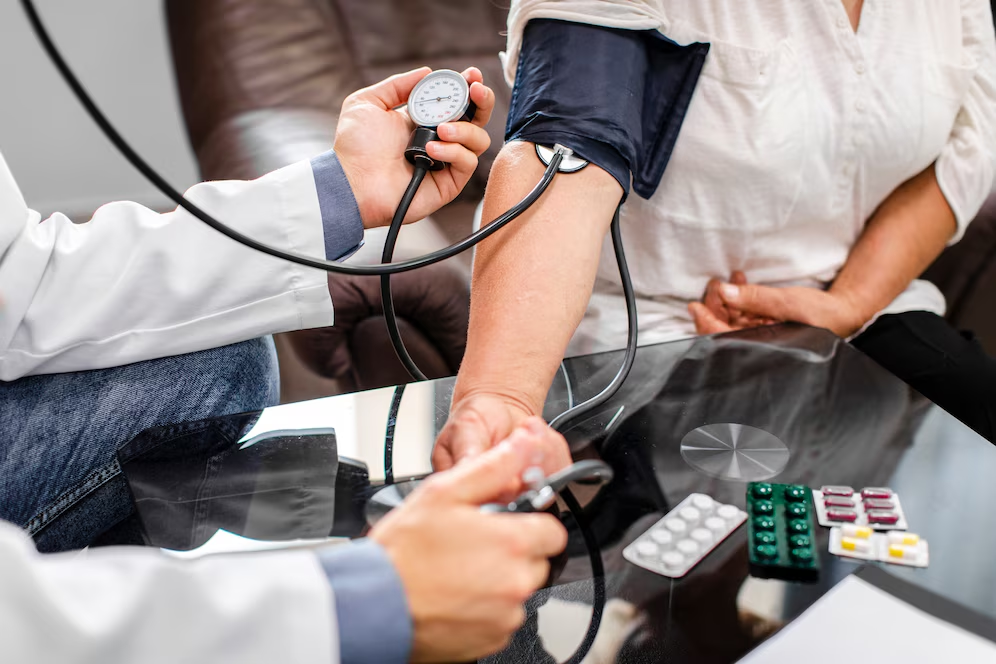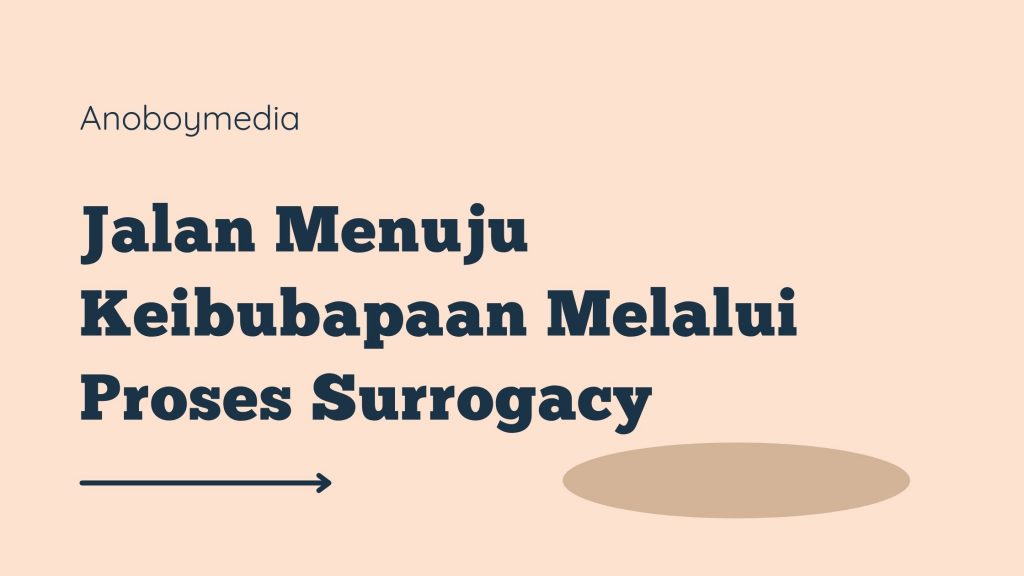Hypertension, usually known as high blood pressure, is a widespread health concern, impacting countless individuals globally. The potential result of leaving this condition untreated are severe, ranging from heart disease and stroke to kidney failure. Effectively managing blood pressure is vital for preventing these complications and ensuring long-term health.
This guide aims to accoutre you with the knowledge and tools necessary to combat high blood pressure through both lifestyle modifications and medical interventions. By exploring practical changes and treatment options, we seek to empower you to take control of your cardiovascular health and improve your overall quality of life.
Table of Contents
Understanding High Blood Pressure
Blood pressure readings consist of two numbers: systolic (the top number) and dilation (the bottom number). Systolic pressure measures the force your heart exerts on artery walls when it beats, while diastolic pressure measures the force your heart exerts on artery walls between beats. Hypertension is diagnosed when blood pressure constantly measures 130/80 mmHg or higher. Causes and risk parts include genetics, unhealthy lifestyle habits, and underlying medical conditions. Common symptoms are often absent, which is why regular monitoring is crucial. Seek medical immersion if you experience severe headaches, chest pain, or shortness of breath.
Lifestyle Changes To Lower Blood Pressure
Adopting healthy culture habits is a cornerstone of managing high blood pressure. These changes, focusing on diet, exercise, stress management, and more, can significantly contribute to lowering blood pressure and improving cardiovascular health.
-
Dietary Modifications
The DASH diet, wealthy in fruits, vegetables, whole grains, and lean proteins, is highly recommended.
-
Regular Physical Activity
Aim for at least 150 minutes of moderate-intensity exercise per week, including cardio (walking, swimming) and strength training.
-
Weight Management
Even a slight weight loss can considerably lower blood pressure.
-
Stress Reduction Techniques
Chronic stress can elevate blood pressure. Practice relaxation techniques like meditation, yoga, or deep breathing exercises.
-
Limiting Alcohol and Caffeine
Excessive alcohol and caffeine drinking can raise blood pressure.
-
Quitting Smoking
Smoking damages blood vessels and accelerate blood pressure.
Understanding And Managing Resistant Hypertension
Resistant hypertension occurs when blood pressure remains high despite the use of three different blood pressure medications, including a diuretic, at maximum tolerated doses. Understanding and administering this condition is crucial for preventing serious complications.
-
Criteria
Explain the specific criteria for diagnosing resistant hypertension.
-
Prevalence
Discuss how common resistant hypertension is and who is at higher risk.
-
Secondary Hypertension
Discuss conditions like sleep apnea, kidney disease, and hormonal disorders that can cause or contribute to resistant hypertension.
-
Lifestyle Factors
Highlight the role of poor adherence to medication, unhealthy diet, excessive alcohol intake, and lack of exercise.
-
Medication Interactions
Explain how certain medications or supplements can interfere with blood pressure management.
-
Comprehensive Evaluation
Emphasize the importance of a extensive medical evaluation to identify underlying causes.
-
Lifestyle Modifications
Reinforce the importance of strict adherence to lifestyle changes, including dietary modifications, regular exercise, and stress reduction.
-
Medication Optimization
Discuss the need to review and adjust medication regimens, potentially adding or changing medications.
-
Monitoring and Follow-up
Highlight the necessity of frequent blood pressure monitoring and regular follow-up with a healthcare provider.
-
Specialized Treatments
Explain advanced treatment options such as renal denervation, which may be considered in some instances.
-
Preventing Complications
Early identification and management of resistant hypertension are crucial for preventing cardiovascular complications.
-
Improving Quality of Life
Effective management can considerably improve the quality of life for individuals with resistant hypertension.
-
Personalized Care
Tailored treatment plans are necessary for addressing the unique needs of each patient.
Medical Treatments for High Blood Pressure
When lifestyle changes alone are lacking, medical treatments provide targeted solutions for managing high blood pressure. These interventions, including medications and regular monitoring, are crucial for achieving and maintaining healthy blood pressure levels.
-
Medications
Several classes of antihypertensive drugs are available, including diuretics, ACE obstruction, beta-blockers, and calcium channel blockers.
-
Regular Monitoring
Regularly watch your blood pressure at home and during doctor visits.
-
Follow-up with Healthcare Provider
Regular check-ups are essential for adjusting medication and monitoring your progress.
The Importance Of Sleep And Circadian Rhythm In Blood Pressure Management
Quality sleep and a healthy circadian rhythm play a significant role in regulating blood pressure. Disruptions in sleep patterns can contribute to hypertension and make it more challenging to manage.
-
Sleep and Blood Pressure
Explain how blood pressure naturally dips during sleep and how poor sleep can disrupt this pattern.
-
Circadian Rhythm
Discuss the role of the body’s internal clock in regulating blood pressure and how disruptions can lead to hypertension.
-
Sleep Apnea
Highlight the strong link between sleep apnea and hypertension, and how treating sleep apnea can improve blood pressure control.
-
Establish a Regular Sleep Schedule
Emphasize the significance of going to bed and waking up at the same time every day, even on weekends.
-
Create a Relaxing Bedtime Routine
Recommend activities like warm baths, reading, or meditation to prepare for sleep.
-
Optimize Sleep Environment
Discuss the importance of a dark, quiet, and astounding bedroom for quality sleep.
-
Limit Screen Time Before Bed
Explain how blue light from electronic devices can interfere with sleep.
-
Address Sleep Disorders
Encourage individuals to seek medical help for sleep disorders like sleep apnea or insomnia.
-
Daylight Exposure
Explain the importance of getting enough sunlight during the day to help control the body’s circadian rhythm.
-
Holistic Approach
Recognizing the role of sleep emphasizes a holistic approach to blood pressure management.
-
Improved Treatment Outcomes
Addressing sleep issues can improve the effectiveness of other hypertension treatments.
-
Enhanced Overall Health
Prioritizing sleep contributes to better overall health and well-being.
Managing Comorbid Conditions
Hypertension often coexists with other conditions like diabetes, kidney disease, and sleep apnea. Managing these conditions is crucial for overall health and can also help lower blood pressure. Work with your healthcare team to address all your health concerns.
When To Seek Emergency Medical Attention
A hypertensive crisis, characterized by severe headache, chest pain, shortness of breath, or visual changes, requires immediate medical attention. Call emergency services if you experience these symptoms.
Long-Term Management And Prevention
Lowering blood pressure is a long-term commitment. Maintain healthy lifestyle habits and adhere to your medication regimen. Stay motivated by tracking your progress and seeking support from family, friends, or support groups. Early detection and stepping in are crucial for preventing complications.
Conclusion
Lowering high blood pressure requires a combined approach of lifestyle changes and medical treatments. By adopting healthy habits, adhering to prescribed medications, and operating closely with your healthcare supplier, you can efficiently manage your blood pressure and improve your quality of life.
Take Control Of Your Heart Health Today!
Visit www.rama.mahidol.ac.th to explore comprehensive cardiovascular health resources, expert advice, and healthcare services focused on hypertension, schedule an appointment to connect with healthcare professionals for personalized guidance, and access tools and support to prioritize your well-being and make sustainable lifestyle changes.
Frequently Asked Questions
Q1. If I have a family history of hypertension, what proactive steps can I take to reduce my own risk, even if my current blood pressure is normal?
You can adopt a heart-healthy lifestyle by maintaining a balanced diet, engaging in frequent physical activity, managing stress, and monitoring your blood pressure periodically to detect any early signs of hypertension.
Q2. Can certain herbal supplements or alternative therapies help lower blood pressure, and are they safe to use alongside prescribed medications?
While some herbal supplements like hibiscus or garlic may show potential benefits, it’s crucial to ask your doctor before using them, as they can interact with prescribed medications or have unintended side effects.
Q3. How does potassium intake specifically affect blood pressure, and what are some easy ways to incorporate more potassium-rich foods into my daily diet?
Potassium assist balance sodium levels in the body, which can lower blood pressure, and you can easily incorporate potassium-rich foods like bananas, sweet potatoes, and spinach into your daily diet through meals and snacks.
Q4. What are the potential long-term effects of uncontrolled hypertension on cognitive function and brain health?
Uncontrolled hypertension can detriment blood vessels in the brain, increasing the threat of cognitive decline, stroke, and vascular dementia over time.
Q5. If I am traveling and forget to bring my blood pressure medication, what immediate steps should I take to ensure my blood pressure remains stable?
You should contact your healthcare provider or a local pharmacy to obtain an emergency supply of your medication and monitor your blood pressure closely until you can resume your regular prescription.




